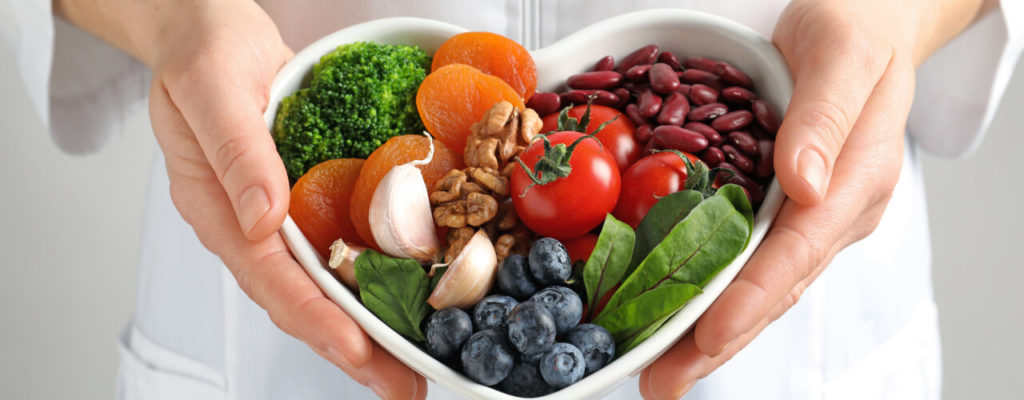Chronic inflammation is often linked to various health problems, including pain, joint issues, and even cardiovascular diseases. Certain foods have been shown to promote inflammation, exacerbating these conditions. Here are some of the most common foods to avoid if you want to reduce inflammation and pain:
- Refined Carbohydrates: Foods such as white bread, pastries, and other refined grains are quickly digested, causing spikes in blood sugar and insulin levels. This can trigger inflammatory responses in the body. A diet high in refined carbohydrates may also contribute to the development of metabolic disorders and arthritis-related pain.
- Sugar and High-Fructose Corn Syrup: Both sugar and high-fructose corn syrup (HFCS), found in sugary drinks, processed snacks, and candies, can promote inflammation. Excessive sugar consumption leads to the release of pro-inflammatory proteins known as cytokines. These proteins play a key role in the inflammatory process, making it harder for the body to manage pain.
- Trans Fats: Trans fats, often found in processed and fried foods, margarine, and packaged snacks, are highly inflammatory. These fats are known to increase levels of C-reactive protein (CRP), a marker of inflammation in the body. By increasing inflammation, trans fats can worsen pain and contribute to chronic diseases.
- Red Meat and Processed Meats: While a small amount of lean protein is beneficial for the body, excessive consumption of red meat and processed meats such as bacon, sausages, and hot dogs can increase inflammation. These foods are rich in advanced glycation end products (AGEs), which are compounds that promote inflammation and damage cells, leading to joint pain and stiffness.
- Dairy Products: Many individuals, especially those who are lactose intolerant, find that dairy products such as milk, cheese, and yogurt can worsen inflammation and pain. Dairy may also exacerbate symptoms of autoimmune conditions like rheumatoid arthritis. If you experience increased pain or discomfort after consuming dairy, it’s advisable to limit or eliminate these foods.
- Alcohol: Excessive alcohol consumption can disrupt the body’s natural inflammatory response and promote pain. Alcohol can irritate the digestive system and trigger systemic inflammation, potentially exacerbating conditions such as arthritis and autoimmune disorders.
- Omega-6 Fatty Acids: Although omega-6 fatty acids are essential for health, they are often consumed in excess through vegetable oils (corn oil, sunflower oil) and processed foods. An imbalance of omega-6 to omega-3 fatty acids can increase inflammation in the body. Reducing omega-6 intake while boosting omega-3s (found in fatty fish, flaxseeds, and walnuts) can help counteract this effect.
In conclusion, a diet rich in processed foods, refined sugars, and unhealthy fats can worsen inflammation, increase pain, and contribute to long-term health issues. Opting for anti-inflammatory foods such as fruits, vegetables, whole grains, lean proteins, and healthy fats can help manage pain and reduce inflammation, promoting overall well-being.
